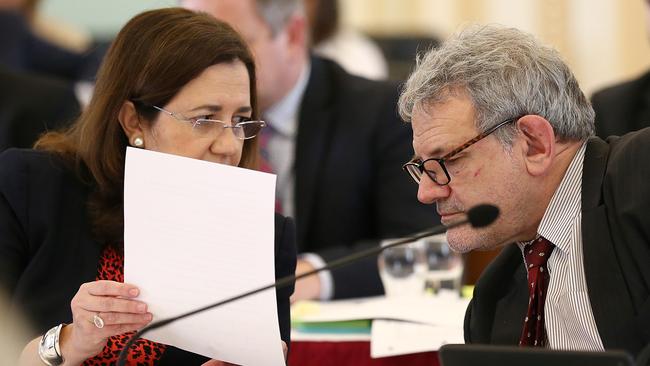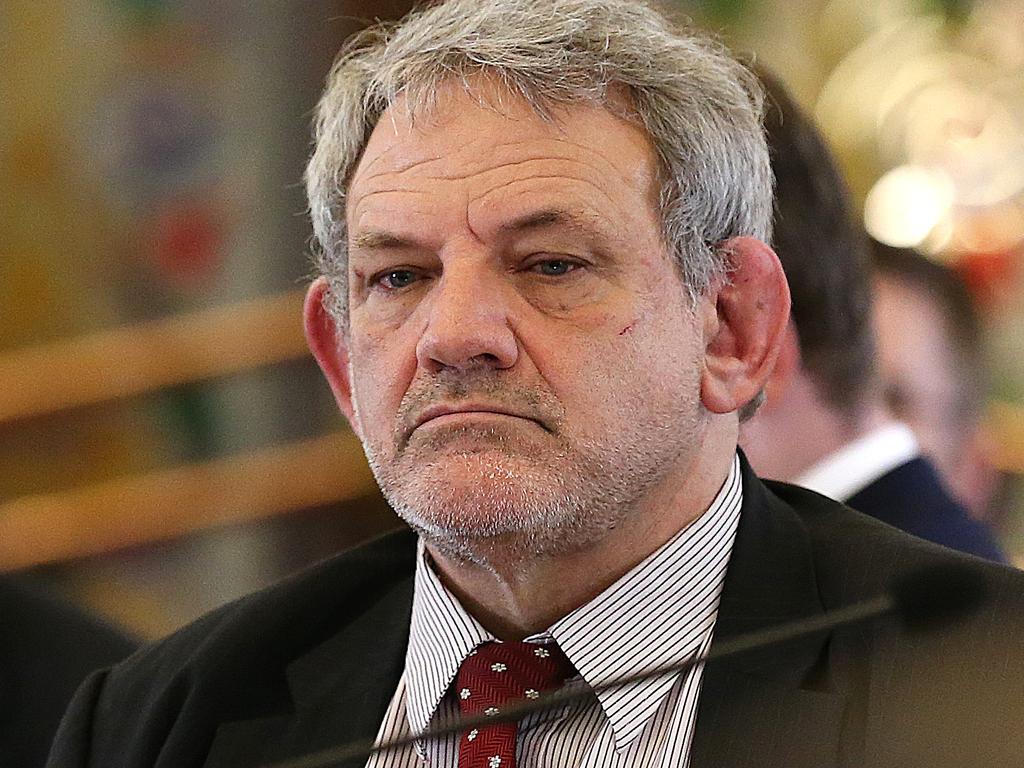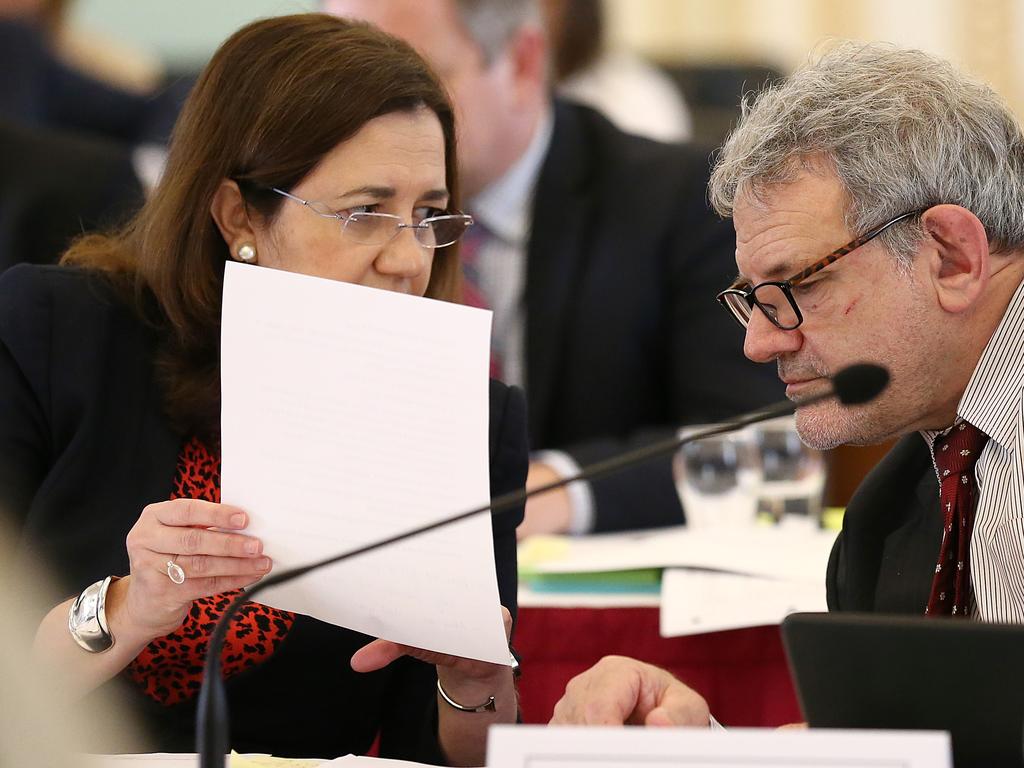
A story I wrote for the paper yesterday was based on an incorrect assumption.
I assumed, as other reasonable people might, that Premier Annastacia Palaszczuk had done her job.
I assumed that Ms Palaszczuk had read an audit report that she commissioned, to find out whether her most senior hand-picked adviser, her chief of staff, who reported only to her, had done anything wrong. I assumed that Ms Palaszczuk would want to act immediately on the audit’s recommendations about how her government should deal with conflicts of interest and matters of transparency.
I have since learned that I was wrong.
In fact, Ms Palaszczuk did not read the Ernst & Young audit into her then chief of staff David Barbagallo, and the $267,500 her government had invested in a tech company of which he was chairman, director and co-owner.
And her department has still not acted on any of EY’s recommendations to improve how declarations of pecuniary interests are made, and how conflicts of interests are managed.
The Ernst & Young report was sent to Ms Palaszczuk’s director-general Dave Stewart on August 30 last year. It revealed that Mr Barbagallo had failed to fully disclose his interests in the tech company, including that he had increased his personal shareholding by $100,000 when the company lodged its application for the government cash.
Such a failure is a breach of Queensland’s Ministerial Act, and can result in disciplinary action or a staffer’s sacking.
Instead of asking to read the audit she had personally ordered, or asking Mr Stewart whether there was anything she needed to act on, Ms Palaszczuk claimed she kept herself deliberately clueless. Mr Stewart sent the audit on to the state’s Crime and Corruption Commission, which had already agreed to assess a complaint by the Liberal National Party Opposition into the Barbagallo matter.
Ms Palaszczuk remained wilfully ignorant of Mr Barbagallo’s failures.
Today, Ms Palaszczuk insisted to reporters that she took responsibility for what happened in her office.
“Yeah, I’ll always take responsibility for what happens, not only in my office, but for government as well,” she said.
Unfortunately, her actions tell a different story.
Asked how she could justify not reading the EY report that she had commissioned, Ms Palaszczuk said it would have been “completely inappropriate” to do so.
“It’s very clear that when the CCC started an assessment, which turned into an investigation, the director-general forwarded that report to them (and) did not forward it to me.”
The CCC was not investigating the Barbagallo matter at the time the EY report was delivered to the government. In fact, the CCC had paused its initial assessment to wait for the EY results. It only became clear this week, when the CCC report was finally published, that the watchdog ever upgraded its probe to the more serious “investigation” stage.
One week after the EY report was delivered to government, Ms Palaszczuk announced that Mr Barbagallo was resigning, effective October 15 last year. It had been in the works for a long time, she said, and she had convinced him to stay for this long. She had only praise for her outgoing chief-of-staff, and made a point of saying his exit had nothing to do with the ongoing inquiry into his behaviour. She said Mr Barbagallo’s departure “by no means says he has done anything wrong”.
How would Ms Palaszczuk possibly have known?
The CCC eventually found Mr Barbagallo should have been dismissed or disciplined, after he failed to declare he was a director and the chairman of Fortress Capstone Pty Ltd, but he resigned before such action could be taken. His actions weren’t criminal, or corrupt, and he was cleared of misusing his position to influence the awarding of the government investment in his tech company.
But Mr Barbagallo breached at least four codes of conduct, sets of rules, and administrative laws.
The CCC also found Ms Palaszczuk inadvertently misled a parliamentary estimates hearing, when she declared Mr Barbagallo had sought Integrity Commissioner advice. He had not. The watchdog – and Ernst & Young – found Ms Palaszczuk had not signed Mr Barbagallo’s declaration of interest forms, as she was required to.
On Friday, despite protesting that she took responsibility for her office and her government, and that she held her integrity in the highest regard, Ms Palaszczuk refused to concede she had done anything wrong.
She denied that she had misled parliament, even inadvertently, and she responded angrily when asked to account for her actions by reporters.
Queenslanders go to the polls on October 31. Voters, and taxpayers, have a right to know their representatives – especially their leaders – are doing their jobs with integrity, transparency and accountability.







I have made a terrible mistake.